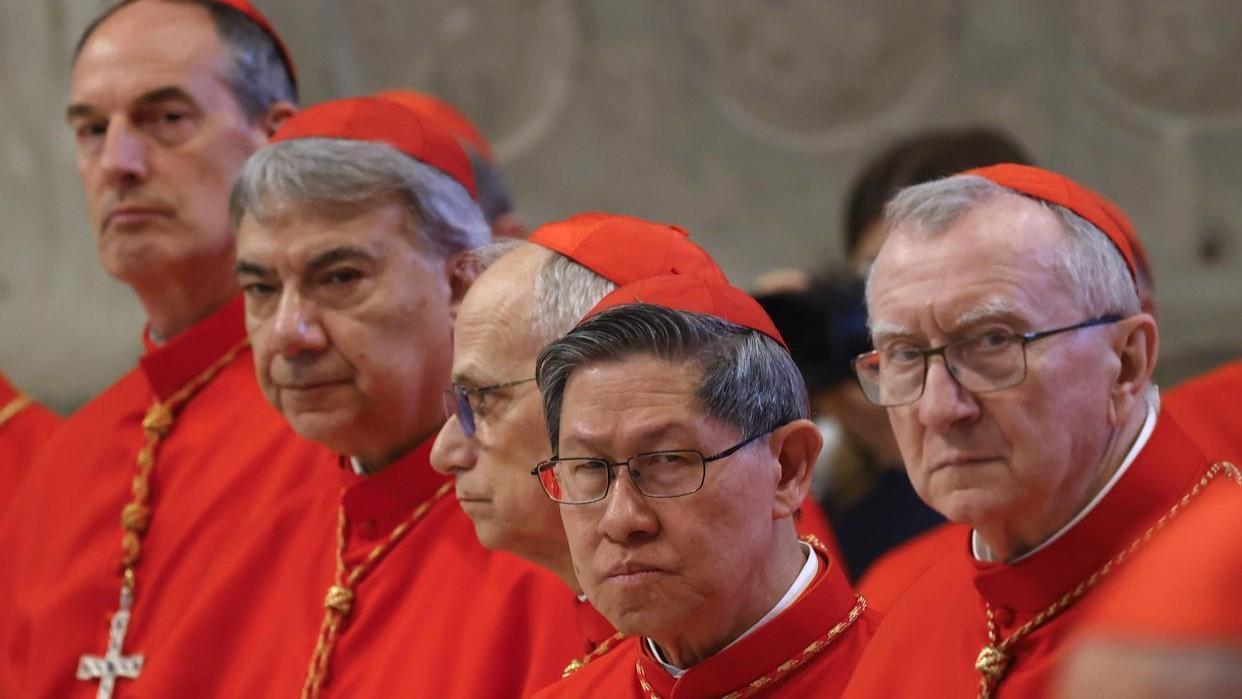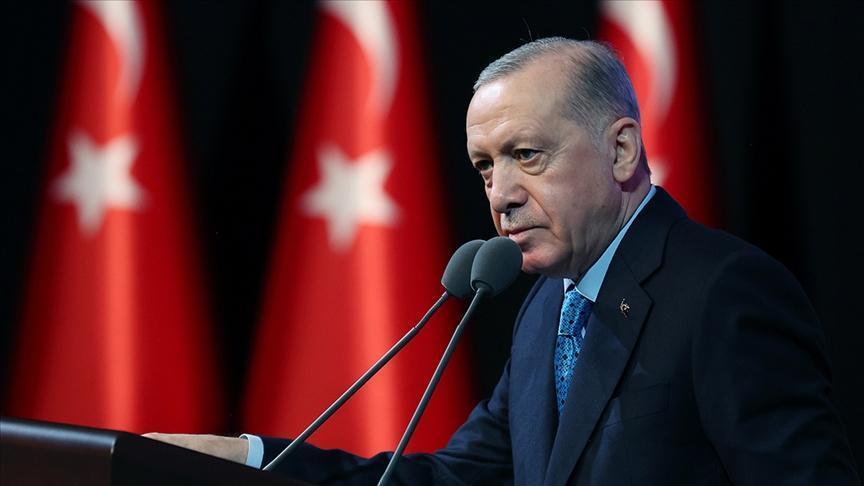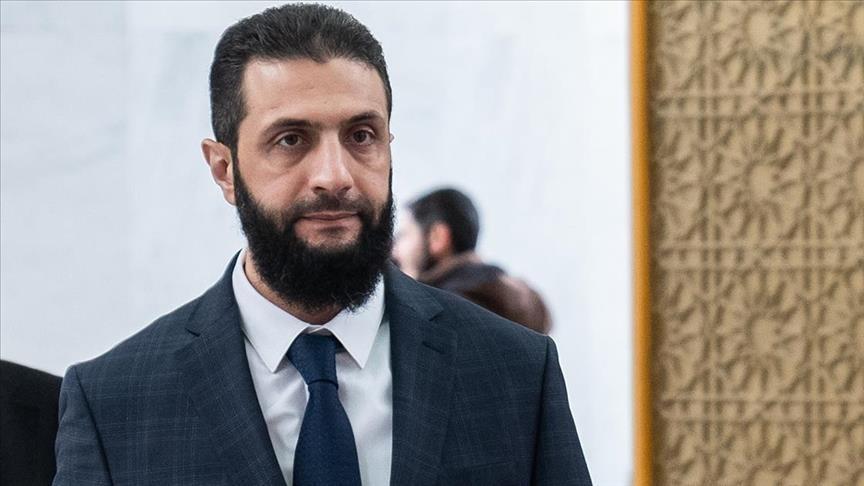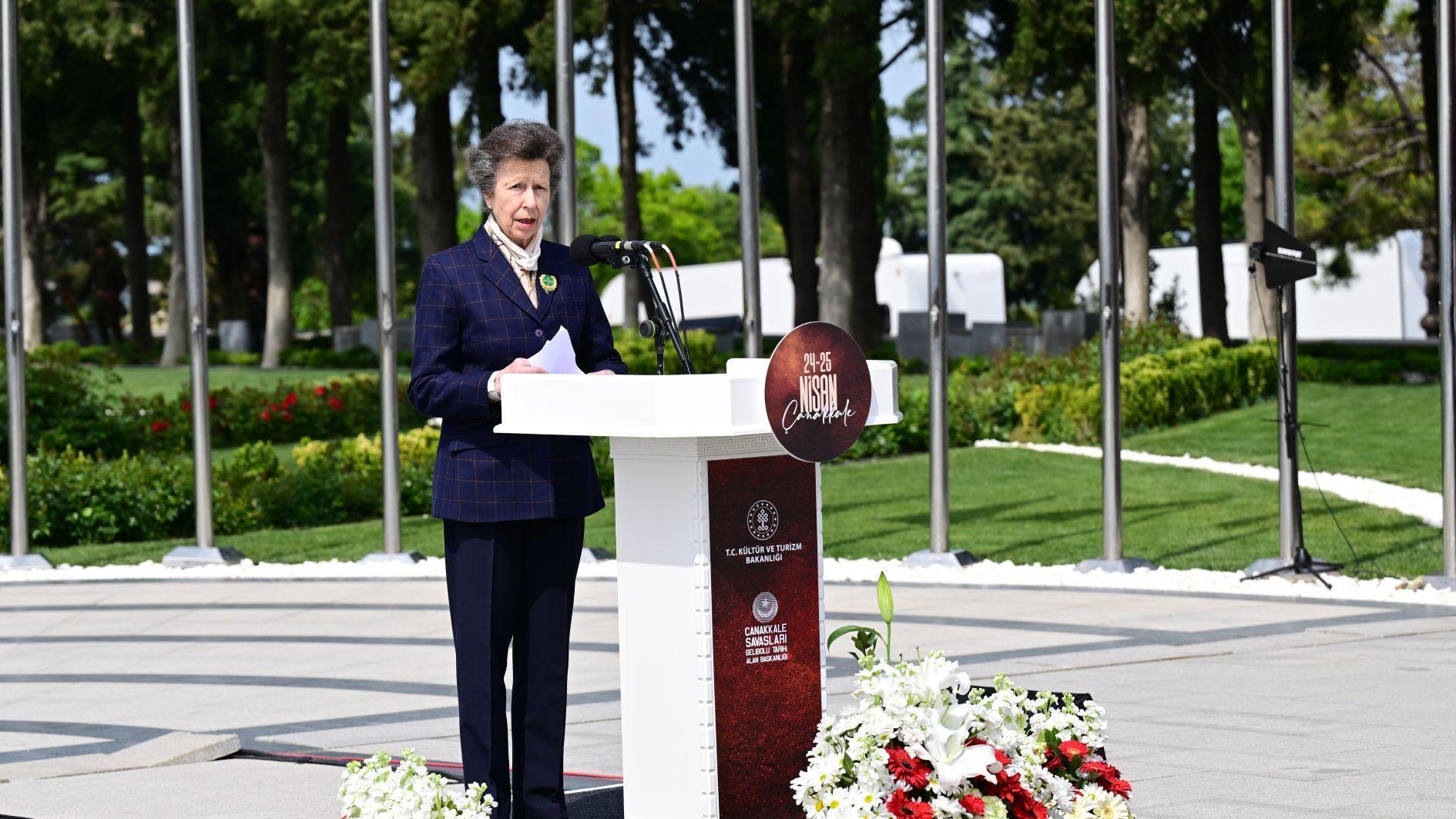Iran's Pezeshkian seeks to cement ties in Iraq
BAGHDAD
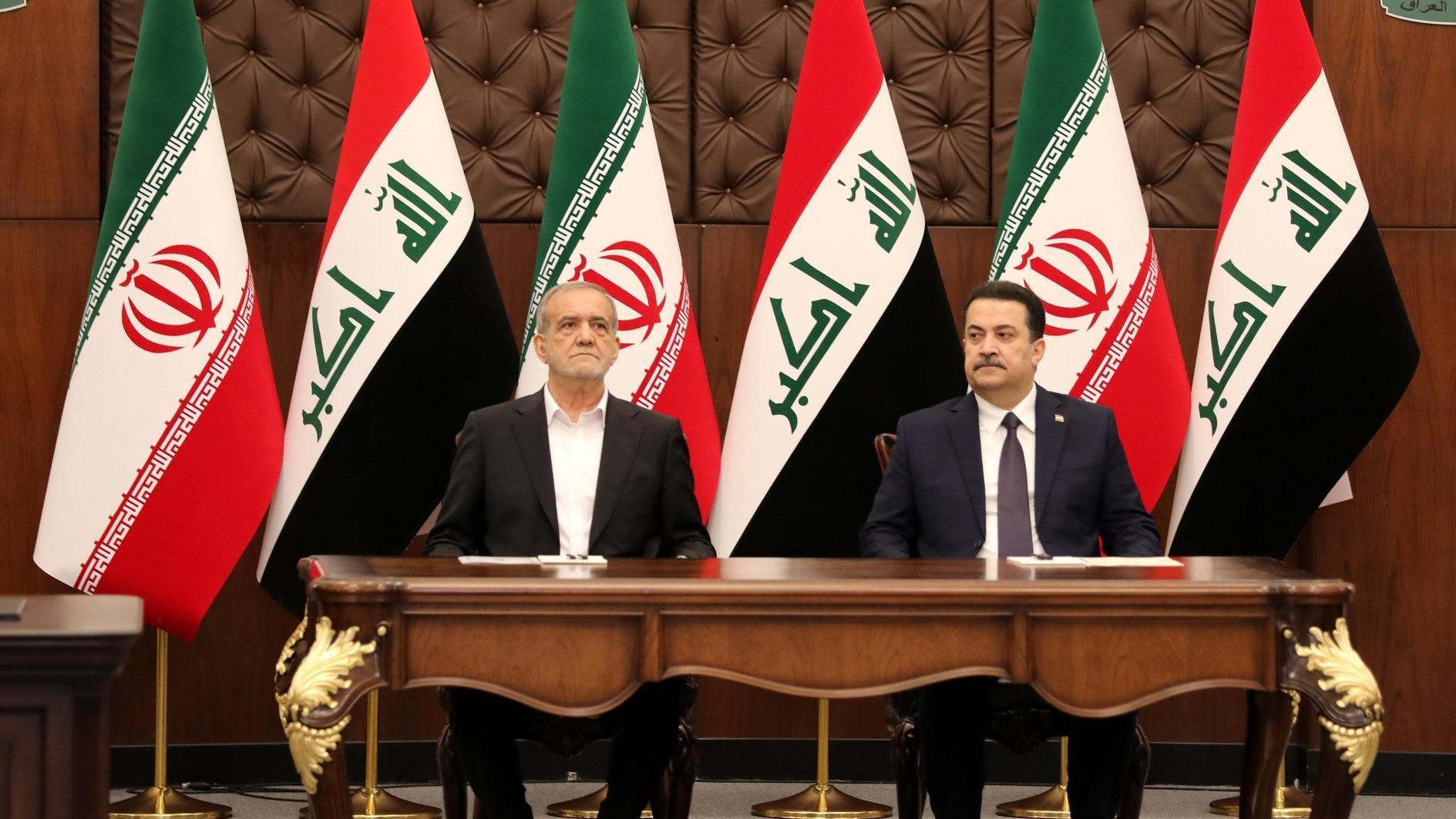
Iran's reformist President Masoud Pezeshkian on Wednesday kicked off his first trip abroad as president, hoping to cement Tehran's ties to Baghdad as regional tensions increasingly pull both countries into the widening Middle East fray.
For Iran, its relationship with Iraq remains crucial for economic, political and religious reasons – something that has especially been true since the U.S.-led 2003 invasion of Iraq toppled dictator Saddam Hussein, who launched a bloody, yearslong war against Iran in the 1980s.
Baghdad, meanwhile, has been trying to balance its relationship with Tehran, which backs powerful Shiite militias in the country, as well as with the United States, which maintains a force of 2,500 troops in Iraq.
Ahead of Pezeshkian's arrival, an explosion struck a site near Baghdad International Airport used by the U.S. military late on Sept. 10. There were no reported casualties and the circumstances of the explosion were unclear.
The U.S. Embassy said the explosion was at the Baghdad Diplomatic Services Compound, an American diplomatic facility, and that it was “assessing the damage" and the cause of the blast.
During his trip, Pezeshkian, who was sworn in as Iran's new president in July, was also due to visit Shiite shrines in the cities of Karbala and Najaf, a railroad project to link the southern city of Basra to Iran and Irbil.
Ahead of the trip, Iran's Foreign Minister Abbas Araghchi told an Iraqi television channel that Pezeshkian hoped to tighten security relations with Baghdad, as well as economic ties.
“We want to see Iraq develop, grow, be prosperous and strong on our borders, and any economic project that achieves this goal enjoys our support,” Araghchi told Al-Furat Television, owned by Iraqi Shiite cleric and politician Ammar al-Hakim.
Still, there have been tensions between Iran and Iraq, particularly after Iranian missiles hit sites in Iraq in attacks over the past six years.
Iran also fired missiles and flew drones over Iraq in its unprecedented direct attack on Israel in April. That attack followed a suspected Israeli strike on an Iranian diplomatic compound in Damascus that killed two Iranian generals and five officers, as well as a member of the Lebanese Shiite militia Hezbollah, an Iranian ally.
The Islamic Republic has also threatened further retaliation against Israel over the July assassination of Hamas leader Ismail Haniyeh in Tehran, which could include another missile barrage.
For Iraq, close ties with the Shiite powerhouse next door are also needed to maintain Baghdad's supply of imported Iranian natural gas to meet its electricity needs.


